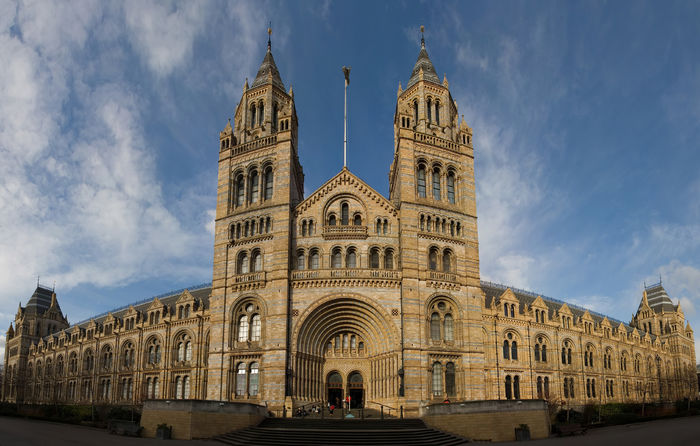Zimbabwean politician proposes taxes for Cambridge examination fees
Supa Mandiwanzira says Zimbabweans have collectively paid billions of dollars to the University

Zimbabwean politician Supa Mandiwanzira has suggested that examination fees collected by the University of Cambridge should be taxed.
Mandiwanzira—the country’s former Minister of Information Communication Technology and Cyber Security— made the proposal during the 2025 National Budget debate in the National Assembly.
According to media initiative Open Parly, Mandiwanzira argued that taxing the University would allow the Zimbabwean Treasury to generate greater revenue and consequently alleviate the need to increase the country’s education budget.
Between 1980 and 1994, the University of Cambridge Local Examinations Syndicate (UCLES) was responsible for overseeing Zimbabwe’s national examinations. In 1994, the Zimbabwe Schools Examination Council (ZIMSEC) was formed, and took over the responsibility for public examinations (O-Levels and A-Levels).
Today, Zimbabwean students can choose between the Cambridge and ZIMSEC examinations, with many reportedly opting for the former as they believe it will increase their opportunities for international education. This is despite ZIMSEC’s assurances that it is an internationally recognised exam board whose qualifications are recognised by elite universities such as Harvard and Oxford University.
State-educated students who opt for the ZIMSEC examinations will this year have almost 50% of their examination fees subsidised, and privately-educated students taking the ZIMSEC examinations will pay the full price (USD $24 per O-Level subject and USD $48 per A-Level subject). Meanwhile, students who opt for the private Cambridge examinations can expect to pay upwards of USD $100 per subject.
Mandiwanzira told the National Assembly: “Since independence in 1980 until now, Zimbabweans have paid examination fees of varying amounts in USD to Cambridge University.”
He continued: “I think we need to find a way of funding our education ministries from funds that have gone to Cambridge. We need to find a way either to tax these funds or prick their conscience [by saying] ‘you have lured billions of dollars since independence in 1980’.”
Mandiwanzira also criticised the University for failing to reinvest into Zimbabwe, saying: “I have not heard in my entire life where Cambridge University has assisted in building schools,” adding: “I have not heard where Cambridge University has offered scholarships to Zimbabweans.”
The politician also stated that he is “sure” that Zimbabweans taking Cambridge exams have collectively paid “billions of USD” to the University.
A spokesperson for Cambridge University Press & Assessment said: “We are a not-for-profit organisation working hard to make international education affordable and accessible to all. We reinvest financial returns in learning resources and teacher training, providing direct access to world-leading materials for students and teachers around the world.
“In recent years we have invested specifically in developing teaching and learning resources for the new curriculum introduced in Zimbabwe across a wide number of subjects including English, Maths, Science, Family & Heritage Studies, Agriculture etc. We look forward to continuing to support educators, students and families across Zimbabwe with international education,” they continued.
 Comment / Cambridge’s tourism risks commodifying students18 April 2025
Comment / Cambridge’s tourism risks commodifying students18 April 2025 News / Cambridge student numbers fall amid nationwide decline14 April 2025
News / Cambridge student numbers fall amid nationwide decline14 April 2025 News / Greenwich House occupiers miss deadline to respond to University legal action15 April 2025
News / Greenwich House occupiers miss deadline to respond to University legal action15 April 2025 Comment / The Cambridge workload prioritises quantity over quality 16 April 2025
Comment / The Cambridge workload prioritises quantity over quality 16 April 2025 News / Varsity ChatGPT survey17 April 2025
News / Varsity ChatGPT survey17 April 2025





